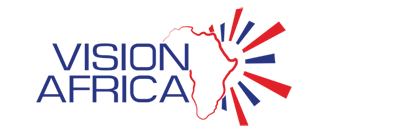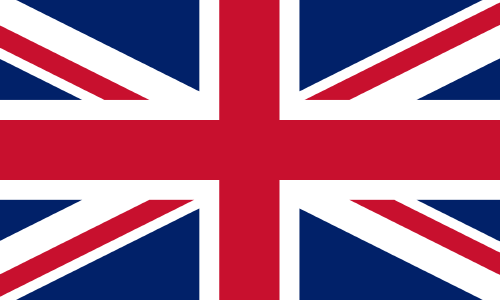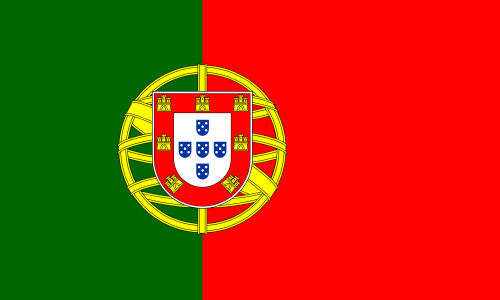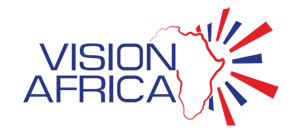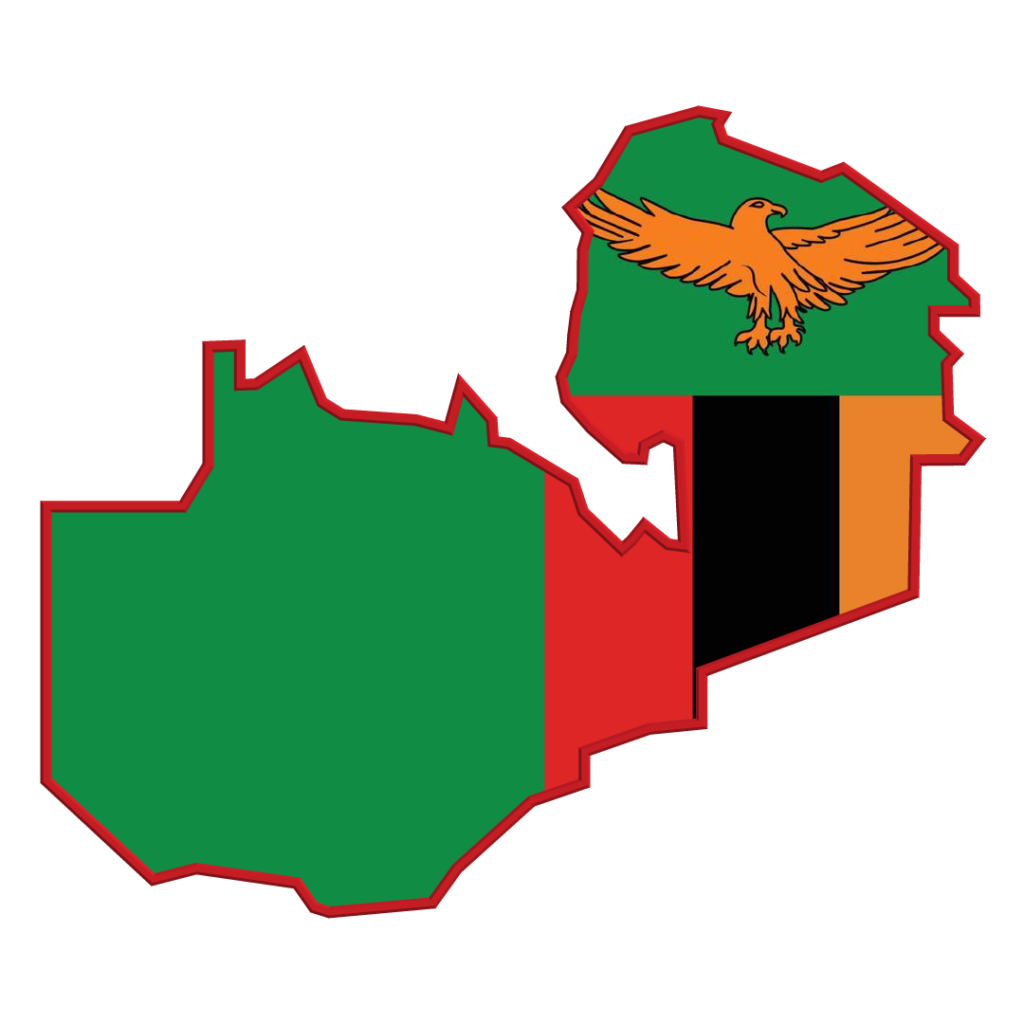
Zambia
|
Capital City
|
Lusaka
|
|---|---|
|
Official Language
|
English
|
|
Largest Ethnic Group
|
19% Bemba
|
|
Religion
|
Christianity (official)
|
|
Government
|
Unitary presidential republic
|
|
Establish Republic
|
24 October 1964
|
|
Establish Constitution
|
5 January 2016
|
|
Area
|
752,617 km2
|
|
Population
|
20,216,029 (2023 estimate)
|
|
Currency
|
Zambian Kwacha (ZMW)
|
|
Time Zone
|
UTC+2 (Central Africa Time)
|
Zambia is a landlocked country situated at the crossroads of Central, Southern, and East Africa. The country shares its borders with eight countries being, Angola, Botswana, the Democratic Republic of the Congo, Malawi, Mozambique, Namibia, Tanzania, and Zimbabwe. Zambia gained independence from the United Kingdom on 24 October 1964 and has avoided the war and turmoil seen in many African nations, earning a reputation for political stability. Zambia boasts stunning natural beauty, including the Victoria Falls, one of the largest waterfalls in the world.
With a population of approximately 20.2 million people, Zambia is sparsely populated, but has one of the world’s fastest-growing populations, projected to triple by 2050. Zambia is home to over 70 ethnic groups, each with its own language, customs, and traditions. The Bemba people are the largest ethnic group, followed by the Nyanja, Tonga, and Lozi.
Zambia is rich in natural resources, including minerals like copper, which contributes significantly to its economy being Africa’s second-largest copper producer after DR Congo and ranking ninth globally. The country’s regional market for goods and services extends to its neighbouring countries due to its strategic location. While Zambia is rich in copper, it faces economic challenges due to fluctuations in commodity prices. Poverty, healthcare access, and education remain critical issues.
Lusaka, the capital, is situated in the southern part of the central plateau at an elevation of about 1,279 meters above sea level. As of 2019, the city’s population was approximately 3.3 million, while the urban population is estimated at 2.5 million in 2018. Lusaka serves as both the political and economic centre of Zambia and is well-connected to the country’s four main highways heading north, south, east, and west. English is the official language of the city administration, while Bemba and Nyanja are commonly spoken street languages.
Vision Africa has been operating in Zambia since 2010 and has successfully completed many quantitative and qualitative market research surveys in various industries. Vision Africa has a dedicated interviewer team located within several regions of the country to ensure quick mobilisation for surveys throughout the country. All field teams work directly for Vision Africa and have been trained by Vision Africa.
Vison Africa offers its full range of services to clients in the country which include:
Corporate Reputation Studies | Customer Satisfaction Surveys | Employee Engagement Survey | Employee Satisfaction Surveys | Employee Opinion Surveys | Product and Packaging Testing | New Product Testing| Advertising Campaign Testing| Retail Audits | Brand Health Trackers | Social Studies| Media Studies | Market Census | Usage and Attitude Surveys
Cornelius D'Alton
+264 81 122 3003

Zambia
|
Capital City
|
Lusaka
|
|---|---|
|
Official Language
|
English
|
|
Largest Ethnic Group
|
19% Bemba
|
|
Religion
|
Christianity (official)
|
|
Government
|
Unitary presidential republic
|
|
Establish Republic
|
24 October 1964
|
|
Establish Constitution
|
5 January 2016
|
|
Area
|
752,617 km2
|
|
Population
|
20,216,029 (2023 estimate)
|
|
Currency
|
Zambian Kwacha (ZMW)
|
|
Time Zone
|
UTC+2 (Central Africa Time)
|
Zambia is a landlocked country situated at the crossroads of Central, Southern, and East Africa. The country shares its borders with eight countries being, Angola, Botswana, the Democratic Republic of the Congo, Malawi, Mozambique, Namibia, Tanzania, and Zimbabwe. Zambia gained independence from the United Kingdom on 24 October 1964 and has avoided the war and turmoil seen in many African nations, earning a reputation for political stability. Zambia boasts stunning natural beauty, including the Victoria Falls, one of the largest waterfalls in the world.
With a population of approximately 20.2 million people, Zambia is sparsely populated, but has one of the world’s fastest-growing populations, projected to triple by 2050. Zambia is home to over 70 ethnic groups, each with its own language, customs, and traditions. The Bemba people are the largest ethnic group, followed by the Nyanja, Tonga, and Lozi.
Zambia is rich in natural resources, including minerals like copper, which contributes significantly to its economy being Africa’s second-largest copper producer after DR Congo and ranking ninth globally. The country’s regional market for goods and services extends to its neighbouring countries due to its strategic location. While Zambia is rich in copper, it faces economic challenges due to fluctuations in commodity prices. Poverty, healthcare access, and education remain critical issues.
Lusaka, the capital, is situated in the southern part of the central plateau at an elevation of about 1,279 meters above sea level. As of 2019, the city’s population was approximately 3.3 million, while the urban population is estimated at 2.5 million in 2018. Lusaka serves as both the political and economic centre of Zambia and is well-connected to the country’s four main highways heading north, south, east, and west. English is the official language of the city administration, while Bemba and Nyanja are commonly spoken street languages.
Vision Africa has been operating in Zambia since 2010 and has successfully completed many quantitative and qualitative market research surveys in various industries. Vision Africa has a dedicated interviewer team located within several regions of the country to ensure quick mobilisation for surveys throughout the country. All field teams work directly for Vision Africa and have been trained by Vision Africa.
Vison Africa offers its full range of services to clients in the country which include:
Corporate Reputation Studies | Customer Satisfaction Surveys | Employee Engagement Survey | Employee Satisfaction Surveys | Employee Opinion Surveys | Product and Packaging Testing | New Product Testing| Advertising Campaign Testing| Retail Audits | Brand Health Trackers | Social Studies| Media Studies | Market Census | Usage and Attitude Surveys
Cornelius D'Alton
+264 81 122 3003

Zambia
|
Capital City
|
Lusaka
|
|---|---|
|
Official Language
|
English
|
|
Largest Ethnic Group
|
19% Bemba
|
|
Religion
|
Christianity (official)
|
|
Government
|
Unitary presidential republic
|
|
Establish Republic
|
24 October 1964
|
|
Establish Constitution
|
5 January 2016
|
|
Area
|
752,617 km2
|
|
Population
|
20,216,029 (2023 estimate)
|
|
Currency
|
Zambian Kwacha (ZMW)
|
|
Time Zone
|
UTC+2 (Central Africa Time)
|
Zambia is a landlocked country situated at the crossroads of Central, Southern, and East Africa. The country shares its borders with eight countries being, Angola, Botswana, the Democratic Republic of the Congo, Malawi, Mozambique, Namibia, Tanzania, and Zimbabwe. Zambia gained independence from the United Kingdom on 24 October 1964 and has avoided the war and turmoil seen in many African nations, earning a reputation for political stability. Zambia boasts stunning natural beauty, including the Victoria Falls, one of the largest waterfalls in the world.
With a population of approximately 20.2 million people, Zambia is sparsely populated, but has one of the world’s fastest-growing populations, projected to triple by 2050. Zambia is home to over 70 ethnic groups, each with its own language, customs, and traditions. The Bemba people are the largest ethnic group, followed by the Nyanja, Tonga, and Lozi.
Zambia is rich in natural resources, including minerals like copper, which contributes significantly to its economy being Africa’s second-largest copper producer after DR Congo and ranking ninth globally. The country’s regional market for goods and services extends to its neighbouring countries due to its strategic location. While Zambia is rich in copper, it faces economic challenges due to fluctuations in commodity prices. Poverty, healthcare access, and education remain critical issues.
Lusaka, the capital, is situated in the southern part of the central plateau at an elevation of about 1,279 meters above sea level. As of 2019, the city’s population was approximately 3.3 million, while the urban population is estimated at 2.5 million in 2018. Lusaka serves as both the political and economic centre of Zambia and is well-connected to the country’s four main highways heading north, south, east, and west. English is the official language of the city administration, while Bemba and Nyanja are commonly spoken street languages.
Vision Africa has been operating in Zambia since 2010 and has successfully completed many quantitative and qualitative market research surveys in various industries. Vision Africa has a dedicated interviewer team located within several regions of the country to ensure quick mobilisation for surveys throughout the country. All field teams work directly for Vision Africa and have been trained by Vision Africa.
Vison Africa offers its full range of services to clients in the country which include:
Corporate Reputation Studies | Customer Satisfaction Surveys | Employee Engagement Survey | Employee Satisfaction Surveys | Employee Opinion Surveys | Product and Packaging Testing | New Product Testing| Advertising Campaign Testing| Retail Audits | Brand Health Trackers | Social Studies| Media Studies | Market Census | Usage and Attitude Surveys
Cornelius D'Alton
+264 81 122 3003
